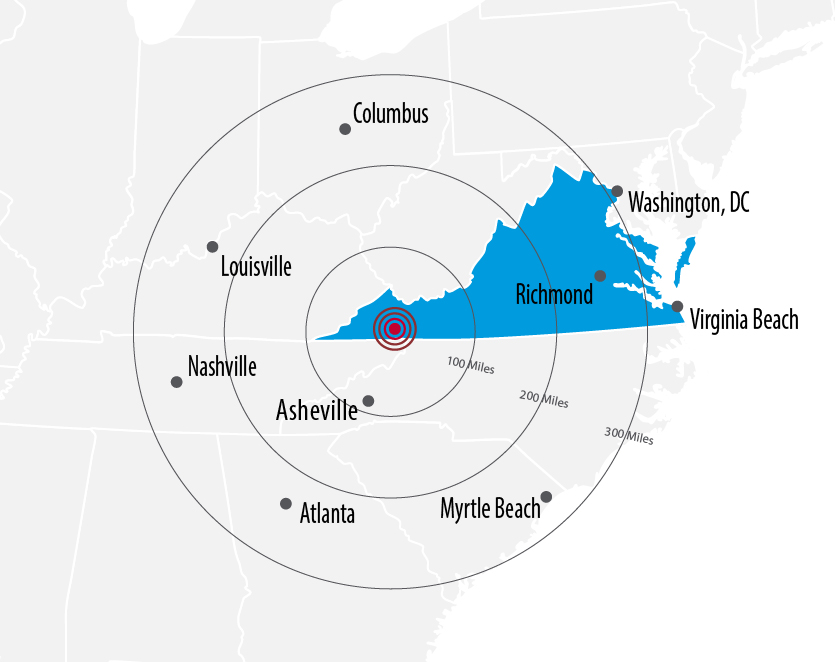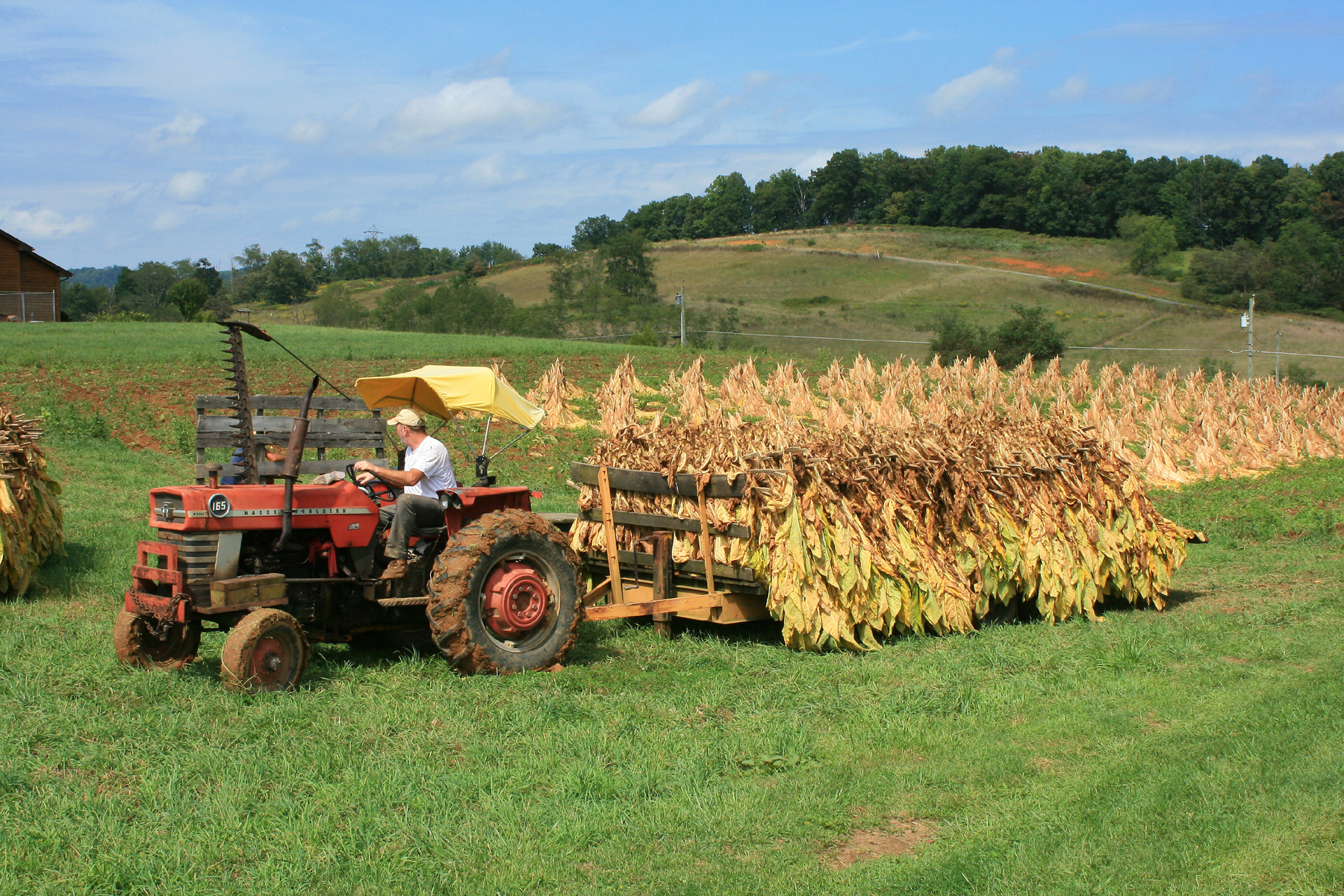Bristol, known as the “Twin Cities,” sits right on the Virginia-Tennessee state line. The largest city in the area with a combined population of nearly 44,000, Bristol has a number of unique amenities, including:
Bristol Motor Speedway: World-famous half-mile track; hosts the NASCAR Sprint Cup
Birthplace of Country Music Museum: Celebrates Bristol’s seminal country music heritage and designation as the Birthplace of Country Music by the U.S. Congress in 1998
South Holston Lake: Popular for fishing, boating, skiing, and other recreational activities
Paramount Center for the Arts: Features nationally known musicians, Broadway touring shows, ballet, symphony, and choral and chamber music
Shopping: A variety of shopping options, from two large malls to smaller specialty shops selling art, antiques, clothing, décor, and outdoor gear.

